Charity workers and volunteers have suffered threats for helping refugee children arriving in England.
Staff at Kent Refugee Action Network (KRAN) have alerted police after receiving disturbing phone calls and are regularly attacked on social media for coming to the aid of unaccompanied minors as young as 14 – some of whom make perilous journeys across the Channel.
Home Secretary Priti Patel recently announced the “most significant overhaul of our immigration system in decades” but the charity’s spokesperson Bridget Chapman says the “toxic language” surrounding refugees may explain the backlash against its work and says politicians must take their share of the blame for stoking tensions.
“It tends to coincide with any interactions we’ve had with the media and afterwards we get messages on social media, emails, and occasionally a letter,” she said.
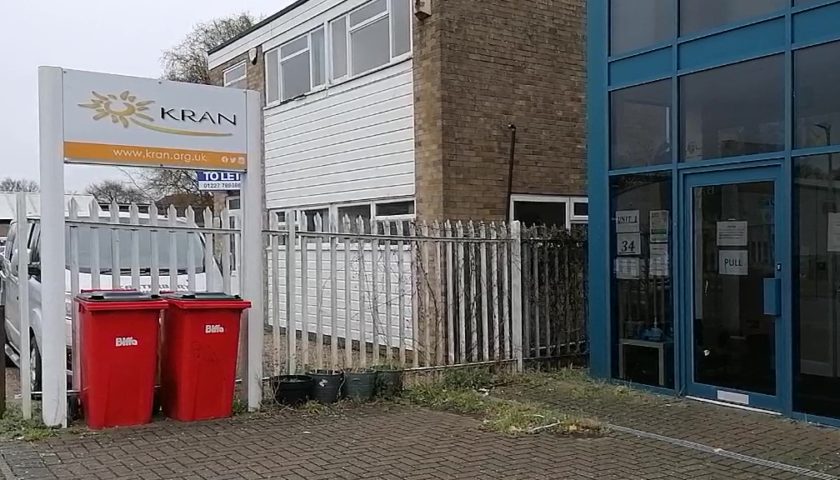
“People say that we are causing the problem by luring people to this country by offering our services.
“A lot of it is anonymous and I have very little respect for anonymous comments because if you’ve got the courage of your convictions you should be prepared to put your name to what you are sending us.
“Where people have sent us stuff and they’ve signed it and are willing to engage we will respond to points and have a discussion about it, but those examples are very few and far between sadly.”
Ms Chapman, 49, says attitudes to immigrants and refugees have improved in recent years as people recognise the contribution they can make to communities.
“That’s not to say there isn’t still a lot of negative language around and a lot of it comes right from the very top – from politicians who should really know better,” she said.
“Boris Johnson talks a lot about ‘illegal migrants’ when what he means is people who’ve entered the country as asylum seekers and they’re perfectly entitled to do that under international law.
“He knows that and it’s really irresponsible for him to be using that language.
“Then you’ve got the Dover MP Natalie Elphicke who keeps using phrases like ‘breaking into Britain’, again contextualising these people as criminals which they are not.”
KRAN, based in Folkestone, Kent, was set up nearly 17 years ago, and runs education and life skills projects to help refugee children who do not make it into foster care and a befriending service so volunteers can help youngsters live independently.
Ms Chapman added: “I’ve seen some arrive as unaccompanied children, go through college and go on to set up their own businesses, go on to work in the NHS, and create jobs for other people.
“The young people I’m privileged to work with are a huge asset to this country, they’re not a threat they’re a massive asset and we are really lucky to have them.”
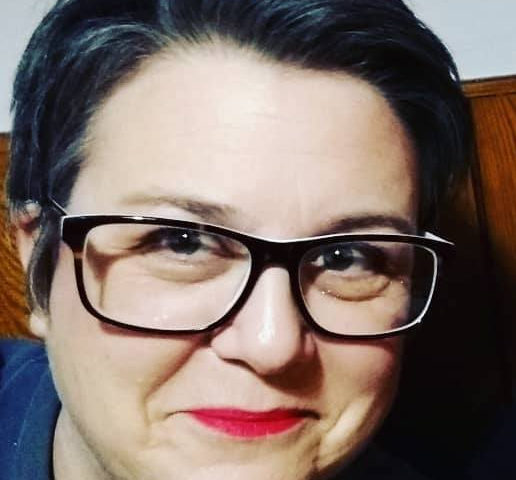
The consequences of negative attitudes towards refugees were felt by Kurdish journalist Zozan Yasar not long after she arrived in the UK to claim asylum.
She was using the London Underground when a man shouted ‘Hey, you black’ as she walked past.
“I didn’t even realise he was talking to me,” recalled the 30-year-old, who fled her country amid the threat of arrest for writing about women’s rights.
“I turned around and he said ‘Yeh I’m talking to you. Look you don’t even understand what I’m staying.
‘Just go back to your country, we don’t want you.’
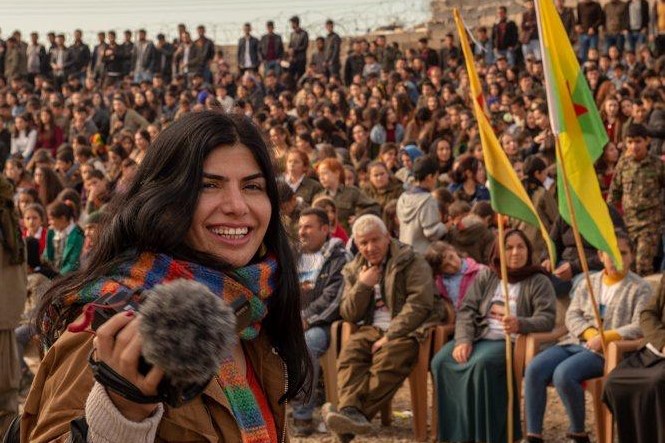
Now living in Edinburgh, she is clearly still haunted by the incident but was determined it would not define her future.
She taught herself to speak English within 12 months and has four jobs: she’s a storyteller for the UK’s Witness Change Project, a fellow at online magazine Bella Caledonia, a researcher and a freelance communications assistant.
Many refugees are viewed as uneducated “scroungers”, seeking free homes and a life on benefits, as referenced in the National Conversation on Immigration, the UK’s biggest public consultation on the subject.
Ms Yasar believes the negative language used by politicians is a key reason why some refugees suffer hostility.
“First of all, people need to accept us as human beings because before coming to this country all of us had homes, cars and jobs,” she said.
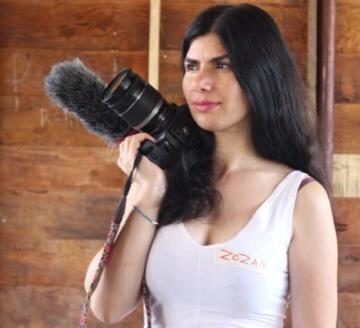
“You cannot take your home, your car or your belongings with you when you leave – you just try to save your life and those of your loved ones.”
Ms Yasar, who spent a year living in London, was initially full of optimism about living in UK having read of its reputation for tolerance.
“Some people say they find me so exotic, but for me exotic is a disgusting word. I am not an exotic fruit I am a human being,” she said.
Matthew Saltmarsh, a spokesman for the United Nations Refugee Agency, said government officials labelling arrivals as “illegal” not only stigmatises desperate people but can breed xenophobia and social division.
“But we should also remember that opinion polls consistently show most British people are supportive of refugees and open to the positive impact of migrants on the country and society,” he said.
“Despite a counter-narrative taking root, the UK is not soft on asylum.
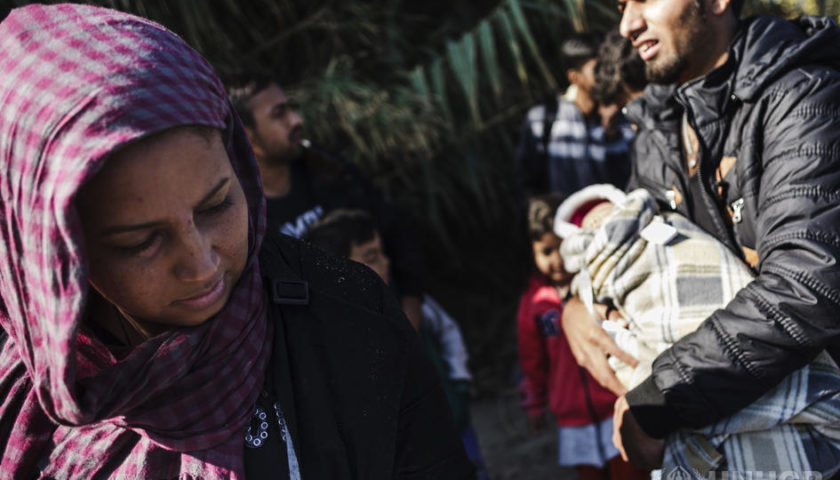
“It’s the only European country with no statutory immigration detention limit.”
Palestinian Abubakr Bashir says the system of applying for asylum also helps fuel negativity towards refugees, who are unable to work – sometimes for years – while their application is assessed.
UK law states refugees can only apply for permission to work if they have waited more than 12 months for a decision – leaving applicants to survive on a daily allowance of £5.39.
This leaves many at risk of poverty and vulnerable to exploitation by criminal gangs, says the 39-year-old journalist, who lives in London having successfully claimed asylum in England.
“I understand it takes time for the system to process the applications that is fair enough, but not allowing people the right to work or study makes absolutely no sense,” said Mr Bashir.
“It pushes them towards the gangs and drug dealers and then they [the authorities] say ‘increasing numbers of asylum seekers and refugees are involved in crimes’.”
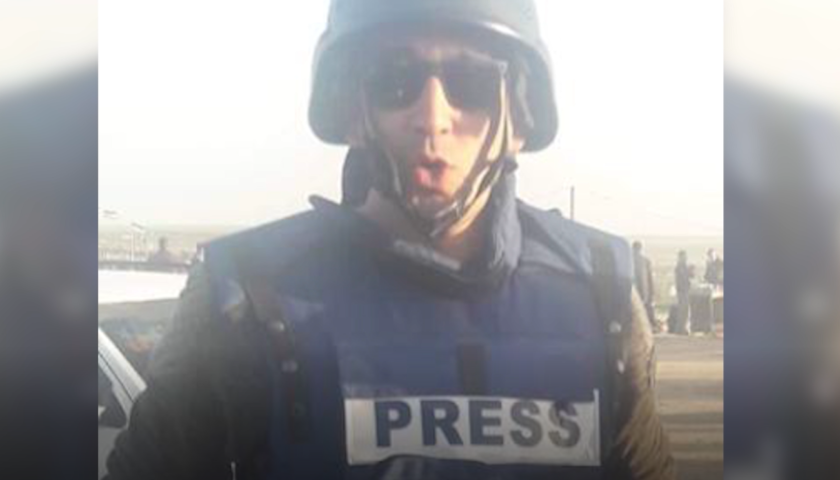
The broadcast journalist, who has lived in the UK for nearly two years, says the system also makes no distinction when dealing with someone highly skilled.
“I know a doctor with brilliant English. He didn’t have the right to work or study for the first six months like everyone else.
“Can you imagine someone like him as a doctor getting involved in black market stuff?
“I also met someone from Africa who said he was a former MP and he also had to go through the same system. It’s insane.”
The latest figures show around 51,000 asylum seekers are waiting for a decision on applications to remain in the UK.
Refugee Action, which is campaigning to overturn the ban on asylum seekers being allowed to work, says the “nonsensical” policy means government is missing out on £42 million a year in increased tax revenue and reduced pay-outs.
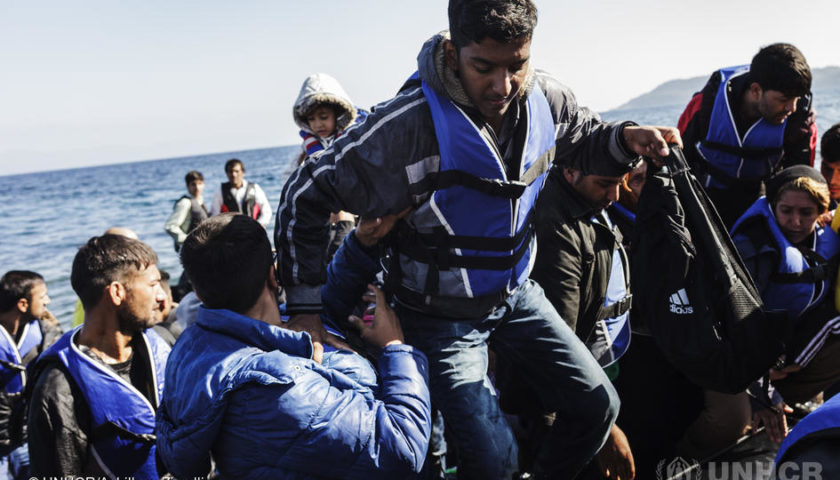
Part of a 240-member coalition of charities, trade unions, businesses and think tanks, it presented a petition of more than 180,000 signatures to the Home Office last October demanding a change in the law.
A bill giving asylum seekers the right to work six months after lodging a claim, tabled by MP Carol Monaghan, was due be discussed in parliament last month before being postponed due to Covid-19.
Prime Minister Boris Johnson and MP Natalie Elphicke were contacted for comment about the issues raised in this article but neither responded.
The Home Office did not answer specific questions about the language used by government ministers and politicians towards refugees but said: “We are fixing our broken asylum system to make it firm and fair.”
It added: “Asylum seekers who would otherwise be destitute are provided with free, fully furnished accommodation and access to healthcare and education for children under 18, in addition to a cash allowance.”









1 thought on “Police called amid threats to refugee charity”